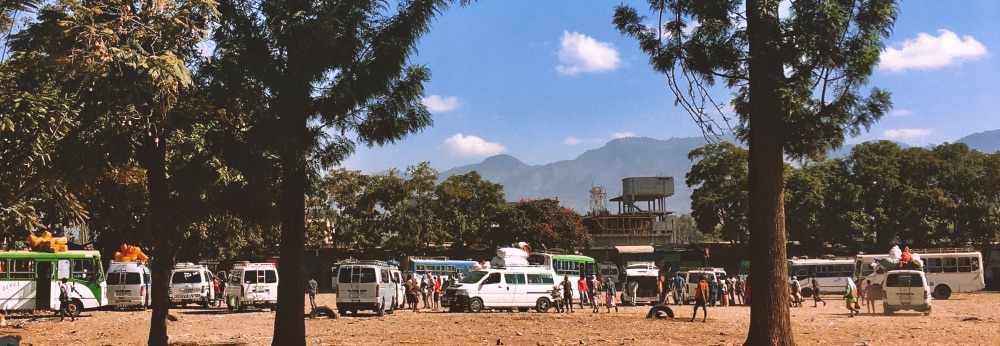Abstract of the Online-Presentation on 13 July 2022, 18:00
The overwhelming majority of Somalis are Sunni Muslims. Simultaneously, Somalis belong to patrilineal descent groups among and between which customary law is relevant. Decades of (civil) war have weakened the state as centralized political institution and with it, the statutory legal system. Recently, some Somali elites and donors initiated reflections on transitional justice in Somalia. A pilot research has been undertaken into this direction, on which this presentation is based. To come to terms with the complex layers of past violence in Somalia means also to think about how to integrate the various normative orders existing on the ground. Customary, religious, statutory law can be described as ‘semi-autonomous legal fields’ in the sense of Sally Falk Moore, influencing each other a situation of non-hierarchical legal pluralism. A comprehensive approach to transitional justice in Somalia thus would have to accommodate elements of these different relevant legal systems. While no legal system effectively dominates, empirical research has shown that Shari’a is accepted by the vast majority of Somalis as the ‘ideal’ order. Transitional justice frameworks elsewhere, e.g., in Rwanda and Liberia, merged statutory and customary law. But there are only very few cases in which Shari’a has been added to complex, typically legally ‘hybrid’ transitional justice arrangements. This presentation reflects the role of Islamic law in the context of dealing with the violent past in Somalia and in which regard Shari’a complements or collides with other relevant normative orders and established modes of transitional justice.
Registration by email.
